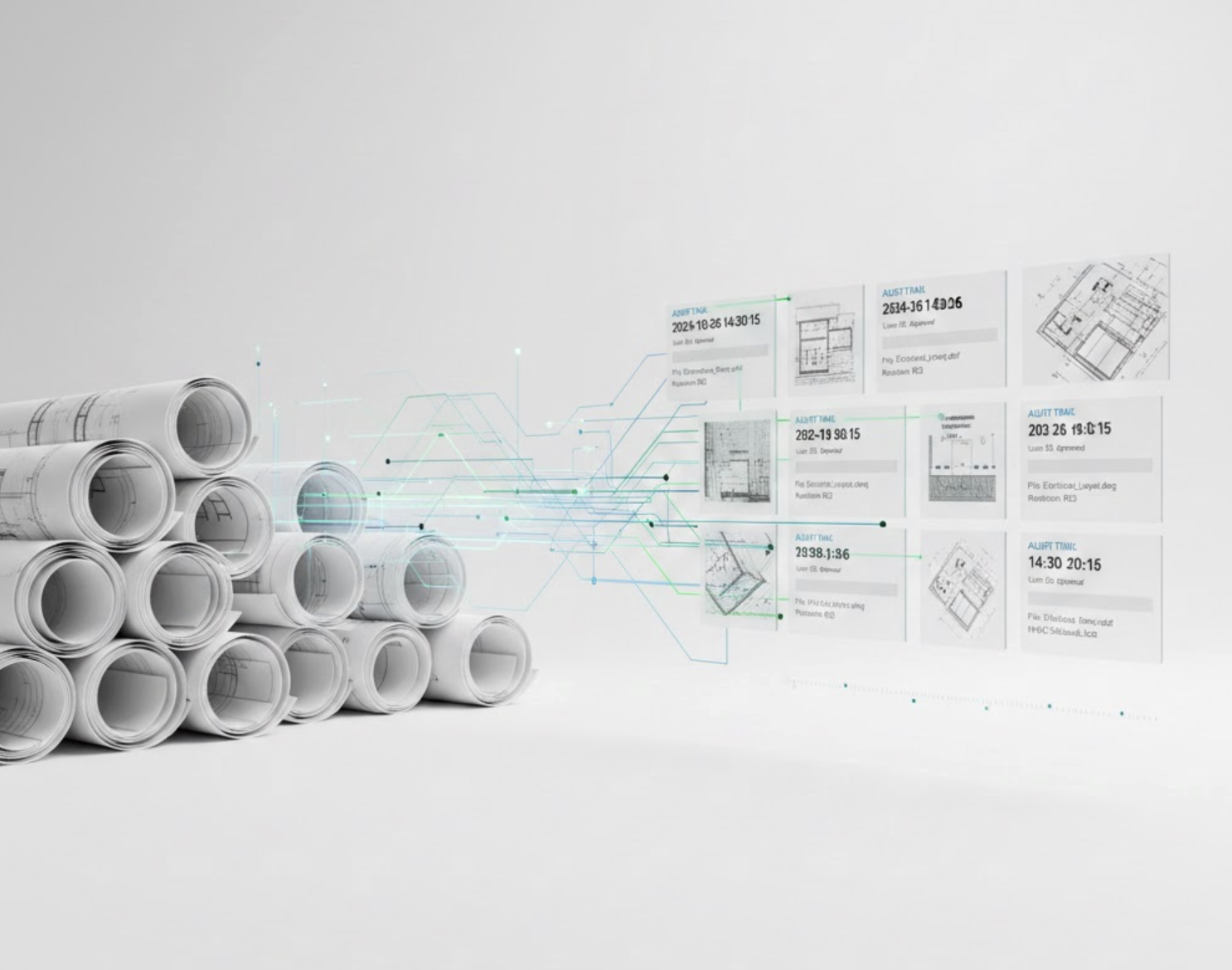Compliance with Authority Rules: Building a Digital Tracker
In the construction industry, compliance with authority rules and regulations is imperative not only for ensuring successful project delivery but also for avoiding significant legal penalties. This is where a digital compliance tracker plays an essential role. By aligning with various regulatory frameworks such as GDPR and CCPA, organizations can effectively manage compliance requirements, streamline processes, and ultimately enhance project transparency.
The Importance of Regulatory Alignment
A digital tracker must remain in strict alignment with various regulations. This encompasses data protection mandates like GDPR, CCPA, and other state-specific privacy laws. Non-compliance can result in harsh penalties, thereby underscoring the necessity for organizations to ensure they meet all regulations comprehensively. Utilizing an advanced construction project management software like Zepth can aid in achieving compliance by offering features that simplify this complex process.
Establishing a Robust Compliance Process
Implementing a digital tracker involves more than just technology; it requires establishing clear processes that are easily accessible by all stakeholders. Here are several best practices for a successful implementation:
1. Develop Documented Processes
Clear compliance processes must be documented and integrated within the digital tracker. This ensures consistency and transparency across the organization. By utilizing a construction document management system, project teams can maintain uniformity in their compliance efforts, thereby allowing for straightforward audits and reporting.
2. Empower Employees
Encouraging employees to report any suspicious activities without fear of repercussions is a crucial step toward fostering a culture of integrity. Incorporating anonymous reporting channels within the tracker can dramatically empower employees to voice concerns, ensuring potential compliance issues are addressed promptly.
3. Focus on Continuous Improvement
Continuous monitoring and improvement are vital to managing compliance effectively. Utilizing insights derived from the digital tracker can help organizations identify areas needing attention. By acting on these insights, organizations can implement corrective measures to resolve non-compliance issues, reflecting an ongoing commitment to excellence.
Real-Time Use Cases of a Digital Tracker
The capabilities of a digital compliance tracker extend beyond simple tracking. Some innovative use cases include:
Automated Compliance Alerts
Automated alerts for upcoming regulatory changes or deadlines aid organizations in avoiding lapses in compliance due to negligence. Features such as those found in AI-powered project management tools ensure that all team members remain aware of critical timelines.
Centralized Reporting
A centralized platform for managing compliance submissions mitigates risks associated with missed deadlines or inaccuracies. With tools like the Document Register from Zepth, teams can ensure all necessary documentation is submitted on time, enhancing compliance reliability.
Streamlined Audit Preparation
Digital trackers facilitate audit preparation by organizing required documents clearly and establishing a credible audit trail. This streamlining simplifies the entire audit process, making it less cumbersome for teams to demonstrate compliance during inspections.
Privacy Law Compliance Strategies
Given the strict nature of privacy law compliance, organizations must implement adequate strategies when utilizing digital trackers:
Opt-Out Mechanisms
Providing users with clear and accessible opt-out mechanisms for data collection is critical, particularly as regulations dictate the need for such components. Ensuring that users can easily opt-out of having their data shared or collected can bolster trust and compliance, particularly under laws like CCPA.
Handling Sensitive Personal Information
It’s essential to conduct data protection impact assessments, especially when dealing with sensitive personal information. Many regulations require explicit user consent before data can be collected. Configuring your digital tracker to manage and respect these requests is vital for compliance.
Vendor Management
Establishing a reliable compliance program for third-party vendors is paramount. Ensuring contracts with service providers include compliance provisions and continually reviewing them will help maintain adherence to regulations like CCPA, creating a safer environment for your organization.
Emerging Innovations and Technologies in Digital Tracking
As the landscape of compliance evolves, so do technological solutions. Innovations in digital tracking provide advanced capabilities such as:
Tag Management Systems
Implementing tag management systems that adjust tracker codes based on user consent allows for greater compliance with regulations, such as GDPR. This capability simplifies the user experience while respecting their privacy rights.
Continuous Monitoring
Conducting regular scans and assessments to ensure compliance can protect organizations from potential penalties related to violations. Tools that automatically verify compliance in real-time, confirm users are opting in, and adjust settings accordingly can drive an organization toward compliance excellence.
How Zepth Can Enhance Compliance Tracking
Zepth plays a significant role in helping organizations build effective digital compliance trackers:
- Compliance Tracking: Zepth’s digital tracker features automated alerts, streamlined reporting, and preparation for audits, helping organizations manage compliance seamlessly.
- Regulatory Alignment: Solutions provided by Zepth ensure that tracking technologies remain compliant with regulations like GDPR and CCPA, decreasing the risk of penalties arising from non-compliance.
- Employee Empowerment: Zepth empowers employees to report compliance issues effectively, while also ensuring insights for continuous improvement are harnessed for enhancing compliance efforts.
For organizations looking to enhance their compliance tracking efforts, Zepth provides a robust framework that aids in managing authority rules and regulations effectively. To learn more about how Zepth can assist in your compliance needs, check out the insights available on their various offerings.




